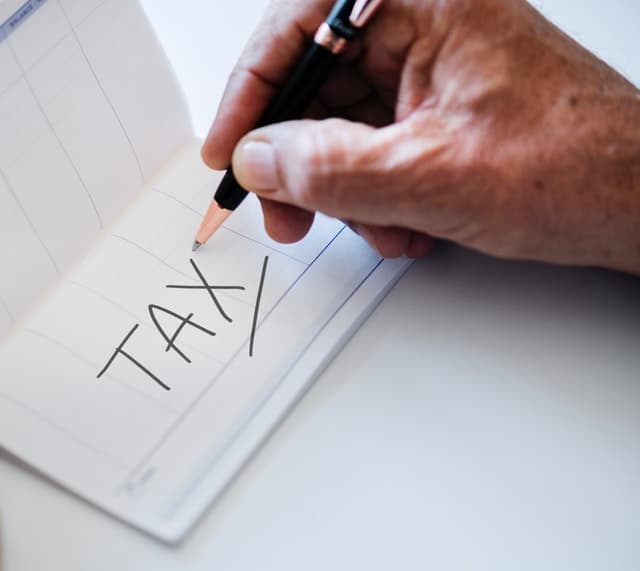A trust is a lawful plan that stipulates specific principles for property held in trust for an individual or people, called recipients. By setting property in trust, you can accomplish a few targets, including insusceptibility from bequest charges. You can likewise dodge probate, sparing you both time and cash upon an unfavorable passing.
A trust has three fundamental parts: the head, the premium or profits earned by the head, and the benefits (assuming any) from the premium presented by the principals, in some cases called capital increases. The principles and stipulations plot by the grantor (the person who makes the trust) will figure out who gets the pay, capital additions, etc.
Different advantages of a trust incorporate more prominent command over riches and resources, but most people don’t know that every single unalterable trust must get a Federal Tax ID number. The IRS uses Federal Tax ID numbers to distinguish various business entities and irrevocable trusts. Your trust’s tax ID will be a nine-digit number specific to your trust. This trust tax ID number application website will help you learn exactly how to apply for a Tax ID for a trust and where.

A tax ID number, also known as an employer identification number (EIN) is a nine-digit number distributed by the IRS to identify sole proprietors, partnerships, corporations, estates and trusts for tax reporting purposes.
Generally, the IRS does not require the grantor of an estate, or the individual who owns the assets in the trust, to obtain an EIN number; however, if someone other than the grantor is acting as the trustee, the trust must obtain an EIN. This number is used to report investments and prepare federal and state income tax, rather than using the grantor’s Social Security number. To Obtain an IRS Tax ID Number, you must complete Form SS-4 (the Tax ID application) and submit the form online. You can also find the Trust Tax ID / EIN Number Application.
Regardless of whether a trust needs its very own Federal Tax ID number relies upon the TYPE of trust. In the event that you are managing an unalterable trust, at that point a Federal Tax ID number is required. The trust is likewise required to have its own, discrete Federal Tax ID number. Be that as it may, a revocable living trust does not require one in light of the fact that the grantor’s standardized savings number is utilized for distinguishing proof while the grantor is alive. When the grantor passes away, the revocable trust turns into an unalterable one, at which time the trust would require a Federal Tax ID number. Unique tax ID numbers are required by the IRS so as to recognize and track trusts, just as organizations. With regards to trusts, acquiring a Federal Tax ID number when you can is a good idea. As the trustee, you are the individual in charge of making sure that the arrangements in the trust understanding are consented to. The trustee is likewise in charge of dealing with the advantages that have been set in trust, just as keeping up exact records of all exchanges that include the trust property. Far easier and faster than it has been in the past, you can obtain a your trust tax ID number online today.



